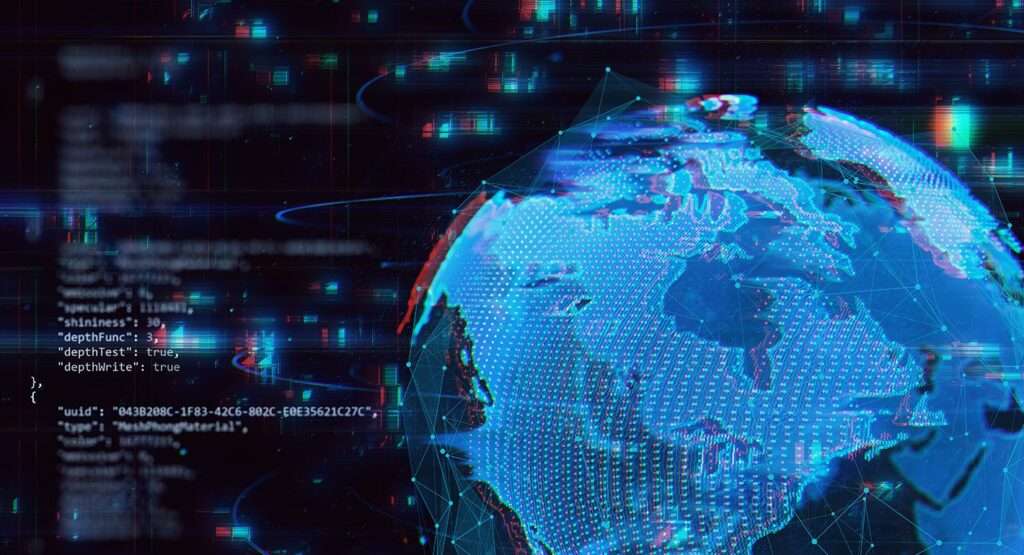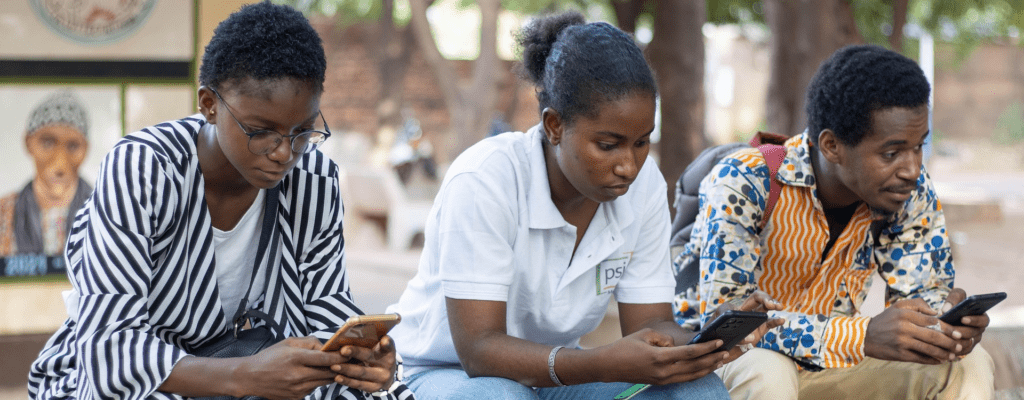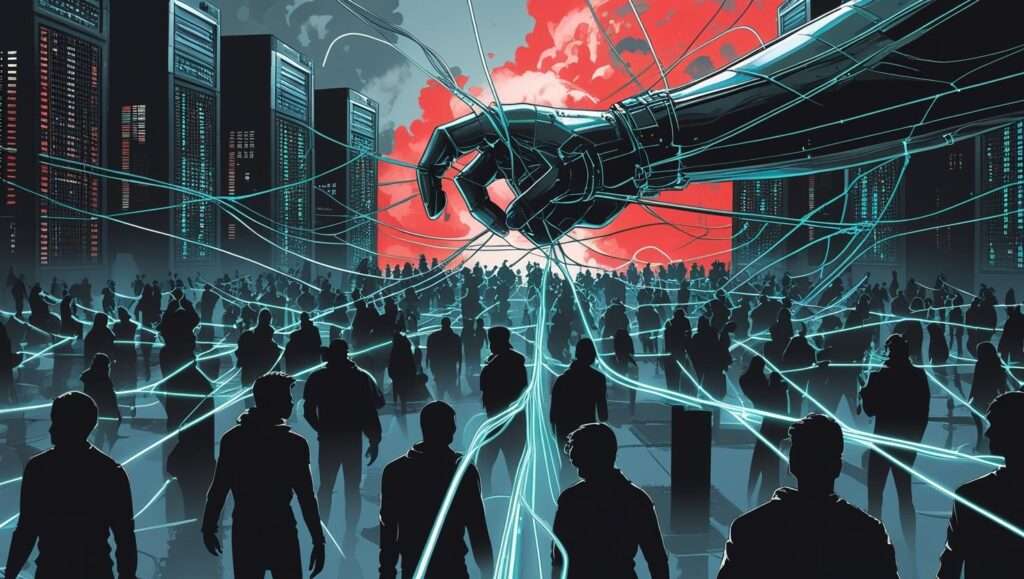
In 2024, Africa recorded a record number of Internet shutdowns — 21 in 15 countries — as governments restricted digital access during times of protest, unrest or political tension. In some cases, armed groups also disrupted connectivity by attacking infrastructure, which increased instability.
The article entitled Democracy, disconnected: the quiet rise of digital control analyses data presented by Access Now and the #KeepItOn coalition, which points to 2024 as the worst year on record for internet shutdowns on the continent, and is part of a global peak of 296 disruptions in 54 countries. Ethiopia, Sudan and Senegal were among the most affected, with repeated disruptions related to conflicts, elections and civil unrest.

Mozambique, it should be remembered, witnessed restrictions on access to internet services, especially mobile data and access to social networks, preceded by an attempt to increase the cost of internet provided by telephone networks.
Meanwhile, India repeatedly topped the global rankings, and in Iran, blockages became a standard response to social unrest.

Experts warn that as this ‘trend’ spreads, Africa faces a fundamental crossroads: ‘Will digital connectivity serve as a democratic lifeline or a lever of control?’
Forced disconnections do not just cause inconvenience to people; they reshape entire societies. In 2022, the global economic cost of internet outages was estimated at over US$20 billion, with much of the impact felt in low- and middle-income countries. In Africa, where mobile money services and digital platforms underpin much of the informal economy, these disruptions can be devastating.
This analysis is provided by experts at ISS – African Future and Innovation, which can be read in full here.
For: Eduardo Quive


